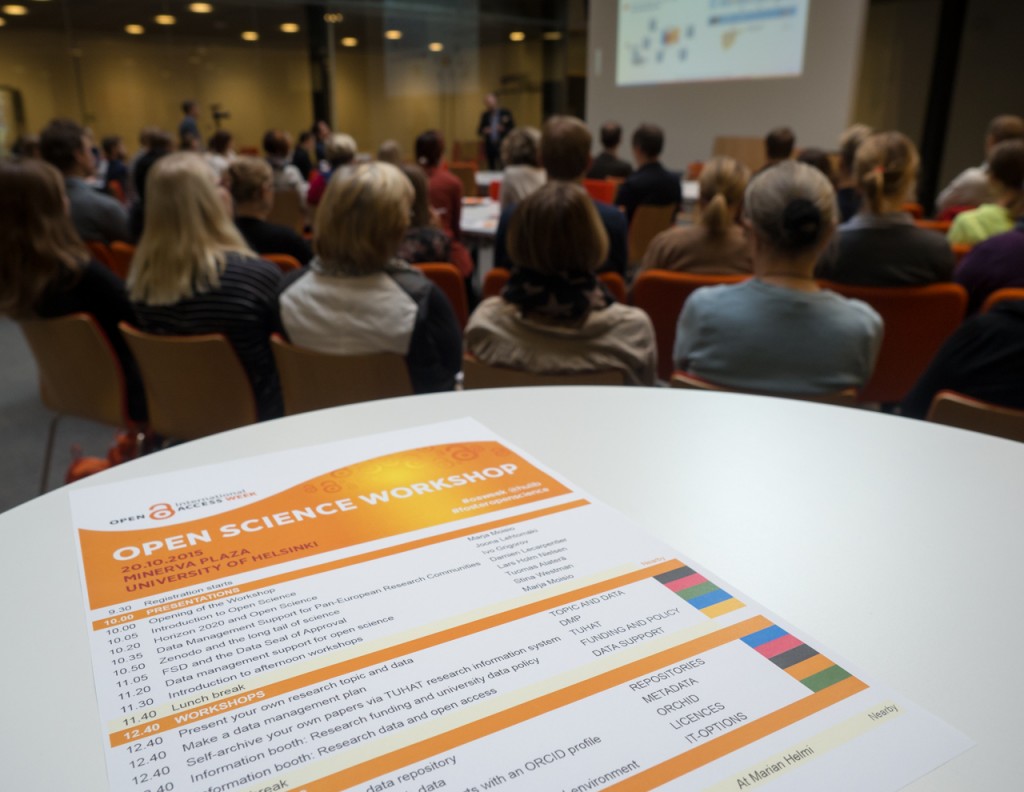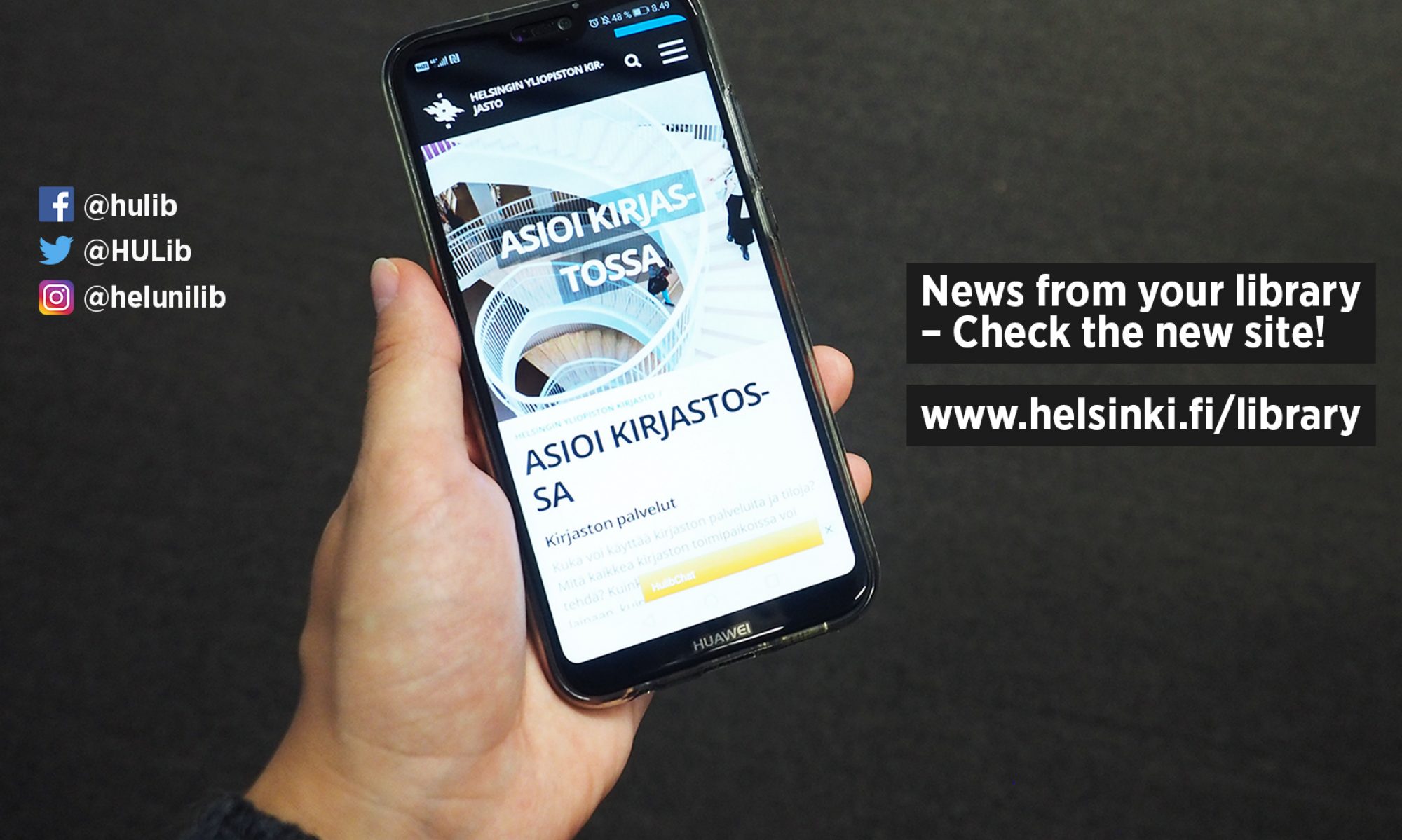The proliferation of open access publishing models in academic publication provides researchers and the academic community with opportunities to share and access academic information faster and more flexibly than before. Finnish institutions of higher education and research institutes are currently negotiating with academic publishers to enable the efficient use of open publication methods. “Our goal is to simultaneously ensure that the overall costs of academic publication do not increase,” states Mikael Laakso, assistant professor at the Hanken School of Economics and member of the strategy group for the negotiations.

The Ministry of Education and Culture has stated as its goal that Finland will become one of the leading countries in the openness of science and research by 2017. “To reach this goal, we must rapidly transition from subscription-based licensing agreements towards new, open access publishing models,” says Laakso.
Overlapping expenses must be minimised
Currently, institutions of higher education and research institutes pay for academic publications through subscription fees. In an open access model, the author or the author’s organisation pays for the publication of an article. The overall expenses of publication must be examined, as particularly large publishers currently favour hybrid publication, in which a researcher whose article has been accepted for publication in a subscription-based journal can pay a separate publication fee to make his or her article open access. It is important for researchers to publish in journals which are esteemed by the academic community, even if making the article open access requires a separate fee. This model of article fees, however, generates overlapping expenses, unless the publisher correspondingly lowers the subscription fees for the journals in question.
The National Library’s FinELib consortium, which represents institutions of higher education and research institutes in the negotiations, has insisted that the hybrid model, which involves both subscriptions and article fees, be considered an interim solution on the way to full open access publishing. During this transition period it is essential that overlapping expenses from the new open access model and the old subscription model are minimised.
Aiming for a contract with integrated support for open access publishing
The subscription fees for academic journals represent an annual expense of about €23 million for institutions of higher education and research institutes. The exact costs of open access publishing are unknown as they are not monitored in Finland on a national level. However, according to estimates from the project Tieteen avoin julkaiseminen (Open Publication of Science in Finland), in 2014 Finnish universities paid at least €1 million to publish open access articles, and these expenses are on the rise.
Open access models which would be both financially sustainable and easy for researchers are currently also being sought internationally. At the moment, several international campaigns promoting open access are underway, including the Christmas is over campaign organised by the League of European Research Universities and undersigned by several Finnish institutions of higher education. Dutch universities, for example, have been able to negotiate package deals with the major publishers Springer and Wiley which facilitate open access publishing.
Libraries to support open access
Researchers can find support for open access publishing from the library of their organisation as well as the many open access resources online, such as:
Open Access (Helsinki University Library)
Open Access and Aalto University
Open Access instructions in Finnish (University of Eastern Finland)
The Open Science and Research Initiative
Further information:
Vice-Rector Keijo Hämäläinen, University of Helsinki, chair of the strategy group for the contract negotiations, tel. 029 415 0640, keijo.hamalainen@helsinki.fi
Assistant Professor Mikael Laakso, Hanken School of Economics, member of the strategy group for the contract negotiations, tel. 050 9100 864, mikael.laakso@hanken.fi
FinELib-wiki
FinELib on Twitter
Twiittejä käyttäjältä @FinELibpalvelu
